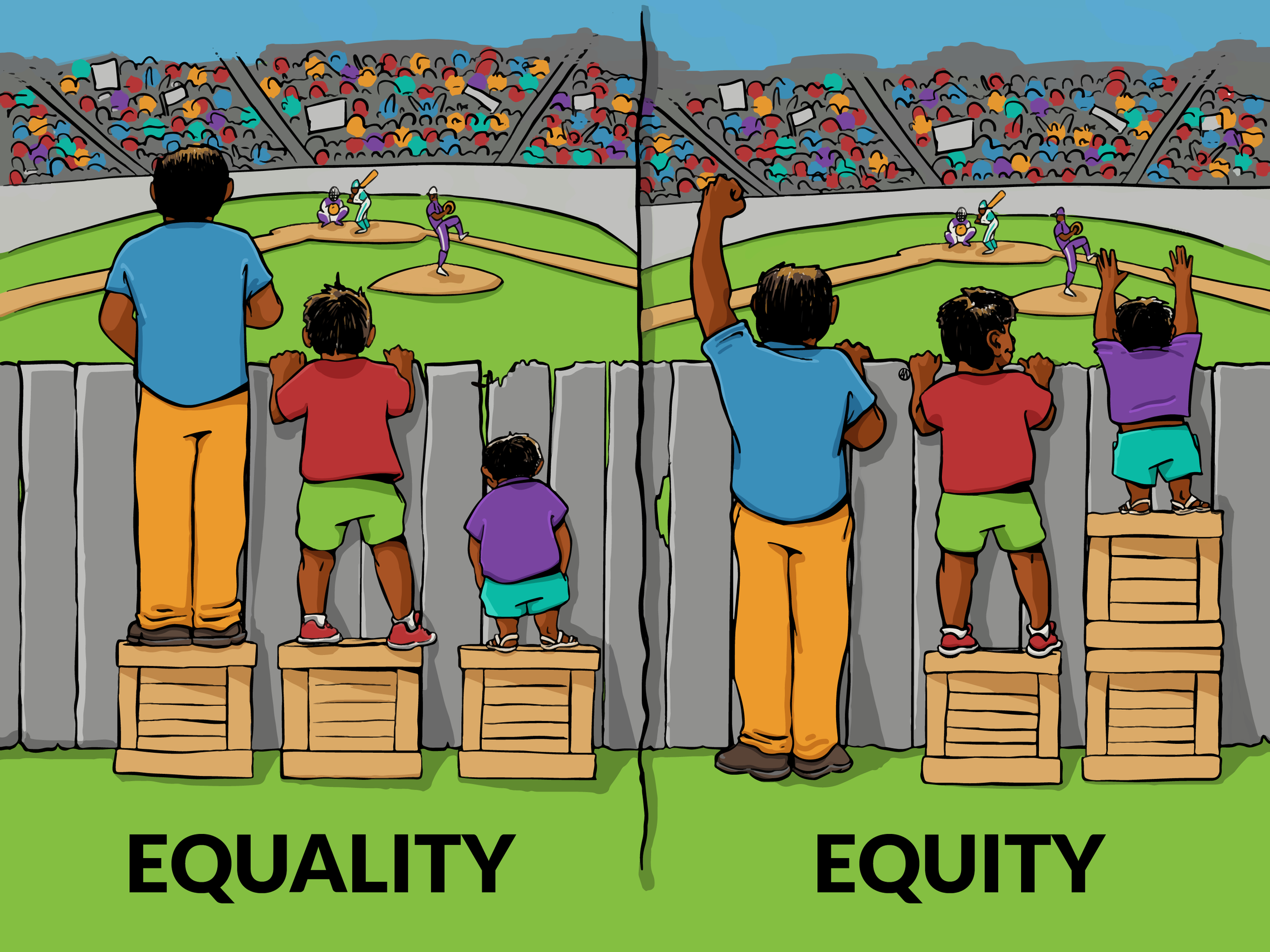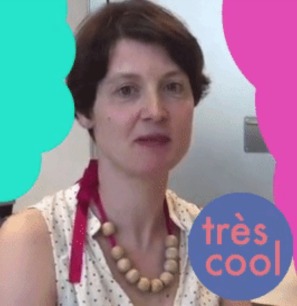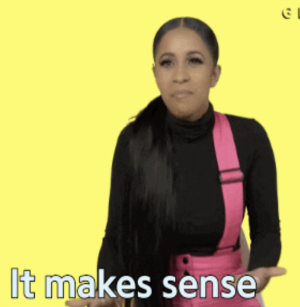Equity in Author Order
This piece was originally published in the Civic Laboratory for Environmental Action Research (CLEAR) blog. It was reproduced with the author’s permission.
The order of authors on a published scholarly article matters in academia: the first author gets the most credit for the study. As a collaborative feminist science and technology lab, CLEAR works to include equity and justice in everything we do, from building technology to deciding how to credit our lab members for their work. Equity is different than equality; equality is about treating everyone exactly the same, while equity recognizes that everyone does not start from the same position and so treating everyone the same may leave them in the same uneven positions they began in. Equity aims to “level the playing field” by addressing unevenness that already exists.
Equity in Author Protocol
We’ve published a paper on our Equity in Author Order Protocol that details the processes more fully, but these are the cliff notes. First, any author on the article must be familiar enough with the article as a whole that they could speak about it if asked (pretty standard). Also, the amount of time, type of labour, etc is considered. Both of these practices are fairly standard. In addition:
- Author order must be agreed upon by consensus, by the entire lab, including people that didn’t author the paper. This helps author groups that might be struggling with power dynamics they don’t see or can’t address alone.
-
Care work is considered a form of labour. Care work may include, but is not limited to:
- maintaining contamination controls (aka cleaning)
- organizing meetings to discuss paper
- taking over tasks so others can go home sick or for those that need a break
- facilitating difficult conversations
- teaching and mentoring
- being a good listener and paraphraser
- providing emotional labour
- doing administrative tasks, such as ordering supplies, making sure hours are logged, or scheduling lab times
- When all else seems equal, we consider social location (the different social markers associated with oppression and privilege for different groups of people). Magically, women, people of colour, Indigenous peoples, people from the Global South, and queers get less credit, less often in science. Here’s a place to address that. We cannot change the structure of which social markers tend to be oppressed or privileged, but we can be accountable to not replicating those in our spaces. For social location, we consider (in no particular order):
- Whether the author is an academic or not; the value of order to a non-academic will be different than an academic. It is important to consider non-academics full collaborators and value them as such via authorship and author order; they should be part of the consensus process.
- Affiliation; which affiliations do we want to highlight, and why? We may want to promote new, unsung, or underfunded organizations and universities.
- Who needs the cultural capital of a higher author ranking more? Is anyone going on the job market, going up for tenure, applying for graduate school?
- Who has access to working on future projects that will result in more articles? Faculty and graduate students can create their own studies and write articles more readily than undergraduate students. Is this a unique opportunity for some authors to be recognized?
- Status; often undergraduate work is not valued as much as graduate or faculty work, even if the same labour was performed.
- Payment status; are some member being paid wages or stipends for this work, while others are not? Are they paid the same amounts or the same way? People paid less can be bumped up.
- Number of publications authors already have; members with fewer publications can be bumped up.
- Direction of member’s research; if a paper fits particularly well with a member’s research trajectory, it may provide more value than if they are working on a different topic.
- Markers of social difference such as gender, race, Indigeneity, age, disability, and other markers of privilege. Women, Indigenous peoples, and people of colour are severely underrepresented as authors in academic work. How can we address that here?
- Elder status. Elders first. Mind your manners. (Elders are community knowledge holders, and are not always the same as seniors).
For more details on the process, see our paper on our Equity in Author Order Protocol.
What do you think of this framework? How could you implement it in your projects? Leave your comments below!















